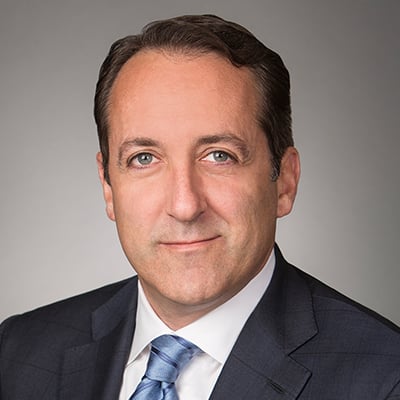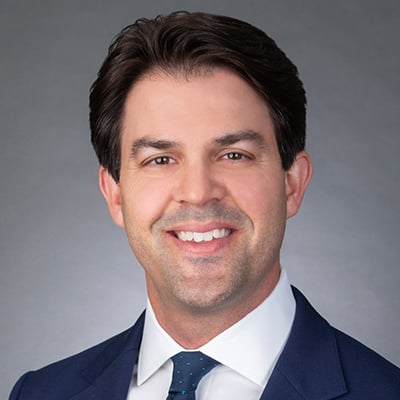Abbott Escapes Ensure Drinker's False Ads Suit
A California federal judge Friday dismissed a putative class action alleging Abbott Laboratories falsely advertised its Ensure health shakes to baby boomers, ruling the consumer suing the company had failed to identify scientific studies or other facts to support his claims.
In an 18-page order, U.S. District Judge Stephen V. Wilson dismissed without prejudice plaintiff Michael J. Otto's amended complaint alleging the global pharmaceutical company had deceptively advertised its Ensure Muscle Health Shake and Ensure Clinical Strength products. Otto had claimed Abbott used phrases such as “#1 doctor recommended brand” and “targeted, specialized nutrition” to lure in customers and bolster Abbott's credibility among those concerned about losing muscle strength as they age.
The products use a trademarked proprietary ingredient called Revigor, which is Abbott's formulation of an amino acid metabolite, according to the suit. Otto claimed that in order to deceive potential consumers, Abbott failed to mention that Revigor cannot rebuild customers' strength without being used in combination with an exercise program.
But Judge Wilson, citing several scientific studies, including one that “squarely refutes” Otto claims because it showed that “normal (i.e., non-vitamin D-deficient) subjects, who did not exercise, experienced increases in both muscle mass and strength from the [amino acid] blend” found in Ensure.
The judge, who had dismissed Otto's original complaint with leave to amend Jan. 10, gave the plaintiff 21 days to file a second amended lawsuit.
But the judge warned Otto that “another failed attempt likely will lead the court to conclude that additional amendment would be futile.”
According to the lawsuit, Otto, a 69-year-old California resident, purchased Ensure drinks from several stores around June 2011 because they purported to help rebuild lost muscle and strength, and he believed the products would be effective without an exercise program. He claimed he suffered injury and lost money because of Abbott's false and misleading representations of the products.
The suit maintained that the deceptive labeling violated the California Consumers Legal Remedies Act, the California Unfair Business Practices Act, the California False Advertising Law, the Ohio Consumer Sales Practices Act and the Ohio Deceptive Trade Practices Act. It seeks to represent U.S. residents who purchased the Abbott-produced drinks from Aug. 14, 2008 to the case's final disposition.
Abbott first announced the products in September 2010, and noted that they were being marketed primarily to individuals older than age 40, according the complaint.
Telephone calls seeking comment from Otto's counsel and Abbott Laboratories were not immediately returned Friday.
Otto is represented by Roland K. Tellis, Mark P. Pifko and Natasha Mehta of Baron & Budd PC.
Abbott Laboratories is represented by Gregg F. LoCascio, Jonathan D. Brightbill, Mark C. Holscher and Ragan Naresh of Kirkland & Ellis LLP.
The case is Michael J. Otto v. Abbott Laboratories Inc., case number 5:12-cv-01411, in U.S. District Court for the Central District of California.
REPRINTED WITH PERMISSION FROM THE MARCH 15, 2013 EDITION OF LAW360 © 2013 PORTFOLIO MEDIA INC. ALL RIGHTS RESERVED. FURTHER DUPLICATION WITHOUT PERMISSION IS PROHIBITED



